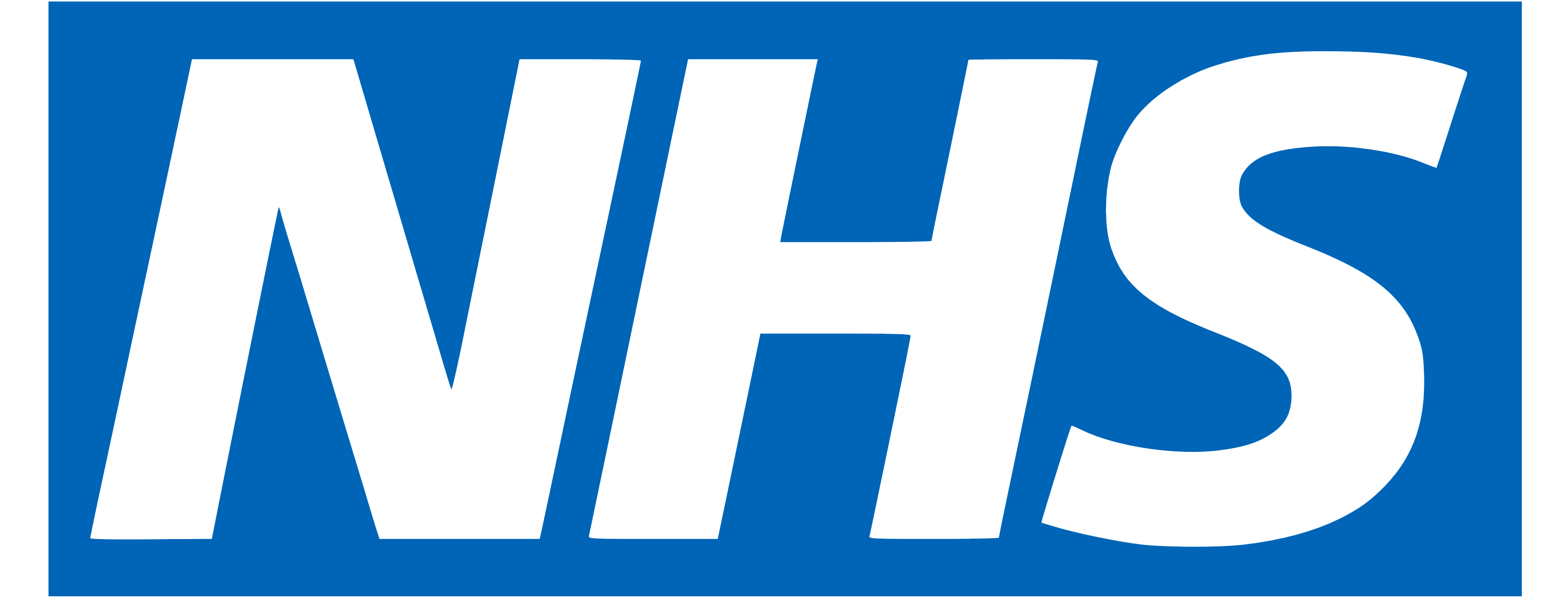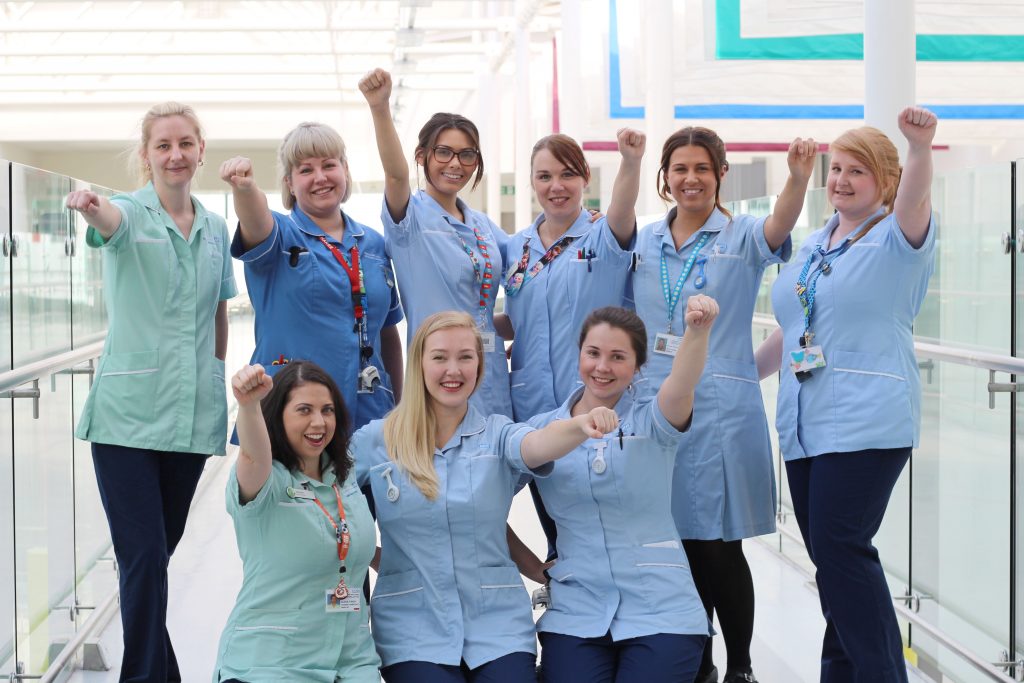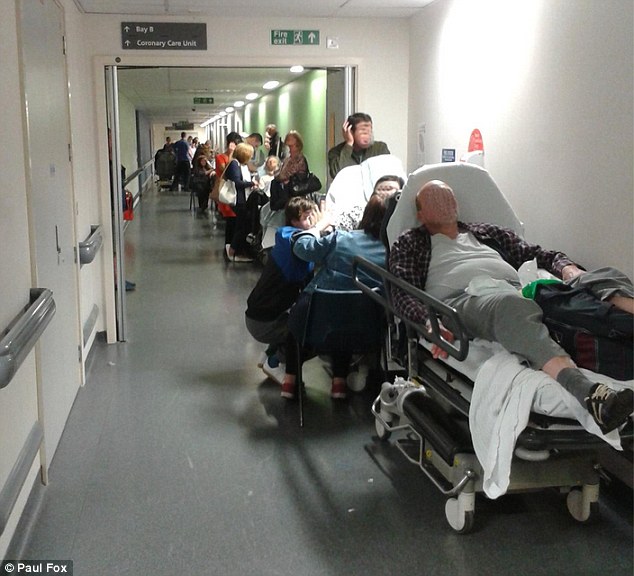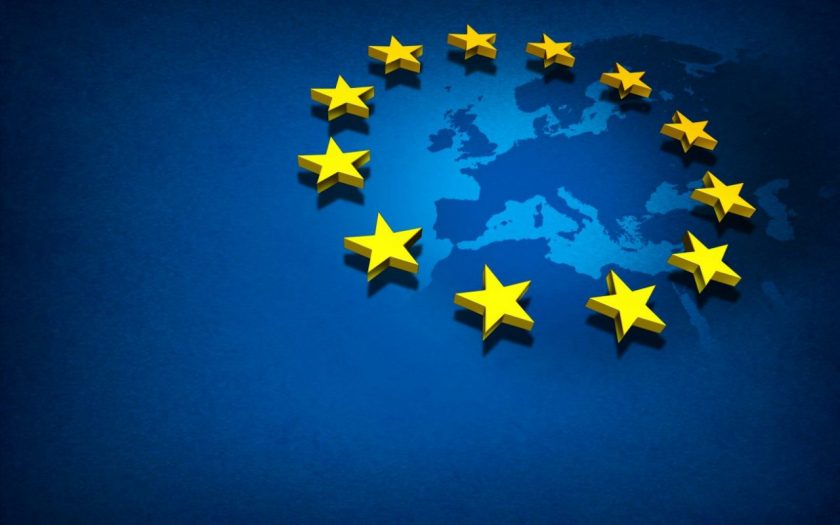Brexit & Disability is a not a complete unknown because we know how many disabled people rely upon services that have traditionally used a large proportion of immigrant labour to maintain a high degree of care. So this is an area that could suffer if services provided by the NHS and the Care Industry find themselves struggling because of staff shortages.
Voices were also raised concerning what our Government would be able to do should they be freed from the constraints of EU stewardship. Less of a worry we feel as there are so many organisations within the UK that could raise alarms when policy turns against a disabled population.

As an example of a society which has inbuilt ‘checks and balances’ you need to look no further than the latest debacle from the ‘Department of Works & Pensions’. Because of their errors many thousands of disabled people were set to lose large sums of money because the back-dating of unpaid benefits would be set at a date that the Department had made.
But Court action brought by the Child Poverty Action Group persuaded Ministers to change their minds and full payments will now be made. For the full story see our news article titled ‘Government U-Turn On Benefits’.

We read constantly about the pressures on the NHS. An ageing population, the cold winters, the hot summers, the waits on trolleys in A & E, bed shortages and operations being delayed.
And a minor downturn in staffing levels will have a major effect on the whole structure of the NHS. Firstly, let’s look at the figures.
The NHS employs approximately 1.2 million people (England) and the majority of its staff are British – but a substantial minority are not. Around 139,000 (12.5%) report as being a non-British nationality. This represents one in eight staff.

And in this figure around 62,000 are nationals of other EU countries – 5.6% of the total staffing levels. The 10 most common nationalities of NHS staff are as follows:
British 976,288, Indian 18,348, Philippine 15,391, Irish 13,016, Polish 8,477, Spanish 6,781, Portuguese 6,725, Italian 6,044, Nigerian 5,405 and Zimbabwean 3,899.

10% of Doctors and 7% of Nurses are EU Nationals. What of course we don’t know with Brexit is what shape and form it will take. How could we when our politicians are so divided? Soft Brexit, hard Brexit, no deal Brexit, in or out of the customs union, hard or soft borders?
And if we do leave with either a hard Brexit, or even a no deal Brexit, what kind of country will we become? The Uk has always prided itself on being an incredibly tolerant nation. Will, however, attitudes harden if we do leave and the rest of the EU look upon us unfavourably?
Just to lose a fraction of EU staff from the NHS would have a severe consequence – and, probably more importantly, what would be the attitude of EU nationals when we endeavoured to recruit more.

Already we are seeing a decrease in EU nationals joining the NHS. In 2015/16 11% of those joining the NHS were from the EU but this fell to 9% the following year and further reduced to 8.4% in the year ending September 2017.
Disability issues never gain as much prominence in the National Press as physical impairments and disease. We reported recently the shortage of specialist nurses dealing with learning difficulties but concerns like this tend to slip under the radar. But reports and photos of people in A & E following the ‘Beast from the East’ commanded front page headlines.

Overcrowded A & E pictures make for good copy. The somewhat invisible illnesses of mental health don’t. And yet we all know the toll that Mental Health can have – we’ve all suffered, or we know family or friends that have.
Our politicians continually stumble from a soft Chequers to a hard no-deal. We hear about Imports and Exports, Trade deals, the border between North and Southern Ireland and possible queues at Dover as technology attempts to collect tariffs. We hear how the outcome, whatever that might be, could affect the City, our manufacturing industry and workers in the North and workers in the South.
But when was the last time you heard a politician raise the subject of how it might affect disabled people – the 20% most vulnerable members of our society?
Answers on a postcard please!

